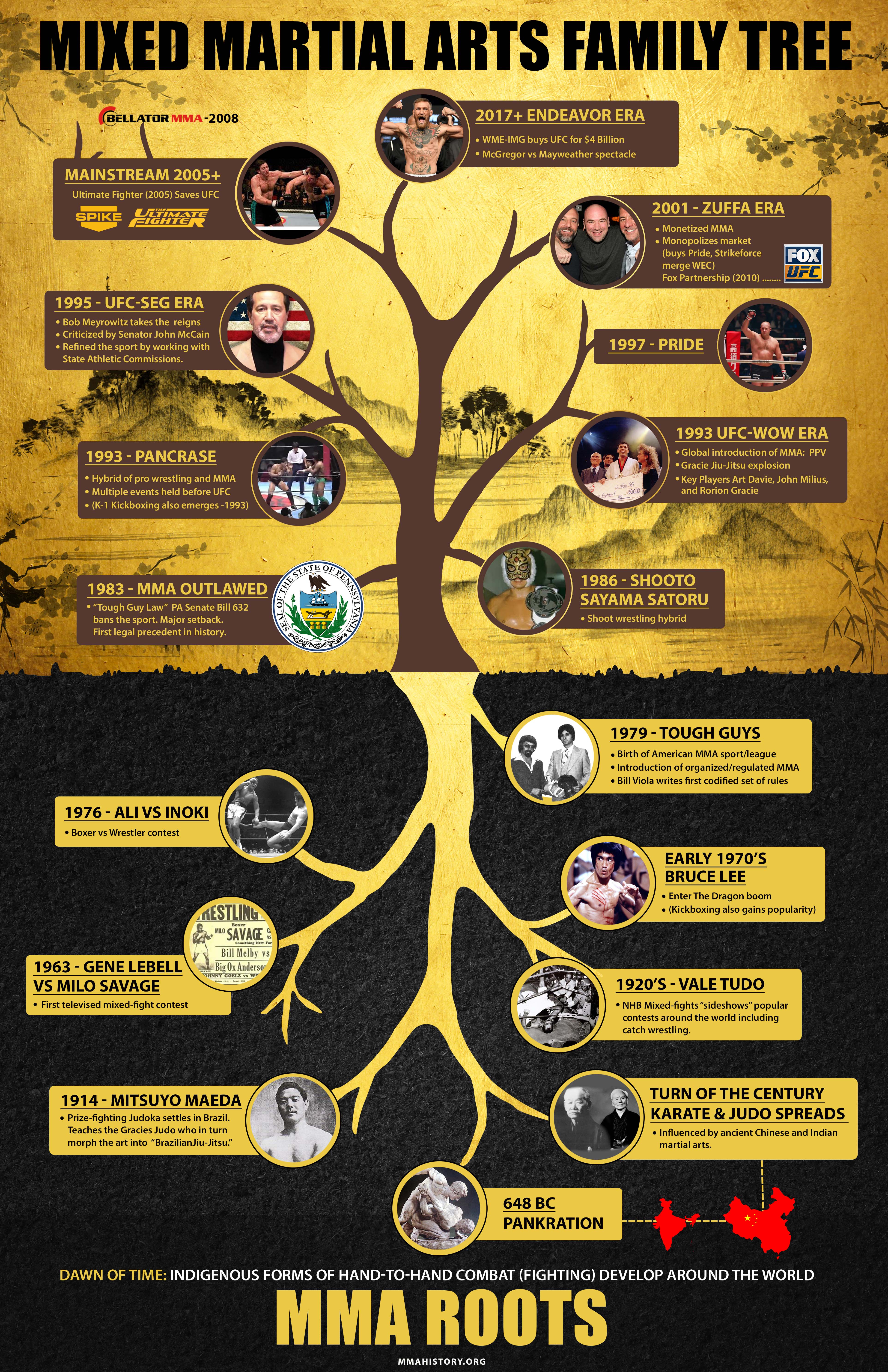The Evolution And Historic Importance Of Martial Arts Across Various Societies
The Evolution And Historic Importance Of Martial Arts Across Various Societies
Blog Article
Web Content Produce By-Hess Matthews
Martial arts have an interesting background that extends centuries and continents. You might discover it fascinating just how old techniques like Shuai Jiao and Kalaripayattu prepared for modern combat techniques. These techniques not just stress physical abilities however likewise show the societies that birthed them. As you discover their advancement, consider just how globalization has actually changed these typical kinds right into hybrid styles. What influences do you believe have shaped today's martial arts landscape?
Ancient Martial arts: The Structures of Combat
As you delve into the globe of ancient martial arts, you'll find the rich structures that formed battle strategies throughout societies. Early practices concentrated on Self-Defense and survival, usually including strikes, grappling, and weapons.
In old China, for instance, strategies like Shuai Jiao stressed throws and joint locks, while India's Kalaripayattu showcased dexterity and liquid activity. Japanese samurai developed Kenjutsu, a refined swordsmanship that highlighted technique and strategy.
best martial arts served not just for fight but also as a way of personal development, instilling worths like regard and perseverance. The mixing of these techniques with time prepared for the varied martial arts you see today, each reflecting the unique philosophies and requirements of its culture.
The Cultural Influence on Martial Arts Growth
While martial arts typically mirror the functional needs of a culture, they additionally symbolize the cultural worths and beliefs of their origins. When https://mauinow.com/2022/10/09/maui-martial-arts-academy-teams-up-with-global-nonprofit-to-help-kids-train-for-free/ discover various martial arts, you'll notice how they're influenced by religious beliefs, philosophy, and social standards.
For example, the emphasis on respect and self-control in Japanese martial arts comes from Zen Buddhism and samurai society. On the other hand, Brazilian Jiu-Jitsu advertises flexibility and technique, shaped by the requirement for efficiency in a diverse, modern atmosphere.
You may locate that the routines, uniforms, and training techniques mirror a community's history and identification. By recognizing these cultural influences, you deepen your gratitude of martial arts and their duty fit human experiences across the globe.
Modern Adaptations and the Globalization of Martial arts
Martial arts have transformed considerably in recent years, adjusting to contemporary culture and global influences. You'll notice that traditional kinds have combined with modern-day methods, producing hybrid styles like mixed martial arts. These adaptations deal with varied target markets, making martial arts obtainable and enticing globally.
With the increase of social networks and electronic systems, you can discover tutorials and competitions from all corners of the world, breaking geographical obstacles. This globalization has resulted in a common gratitude for numerous techniques, from Brazilian Jiu-Jitsu to Taekwondo.
As please click the next document involve with these arts, you'll understand they're not almost battle; they advertise health and fitness, technique, and psychological wellness.
Inevitably, modern-day adaptations have actually enriched the martial arts landscape, making it a dynamic and developing practice.
Verdict
In discovering the background and development of martial arts, you uncover a fascinating mix of strategies, societies, and viewpoints. From ancient techniques like Shuai Jiao and Kalaripayattu to the modern-day adaptability seen in MMA, martial arts reflect humanity's mission for Self-Defense and individual development. As you involve with these techniques, you not just acquire abilities yet also a deeper appreciation for the diverse practices that form our world today. So, proceed your trip and accept the art of combat!
